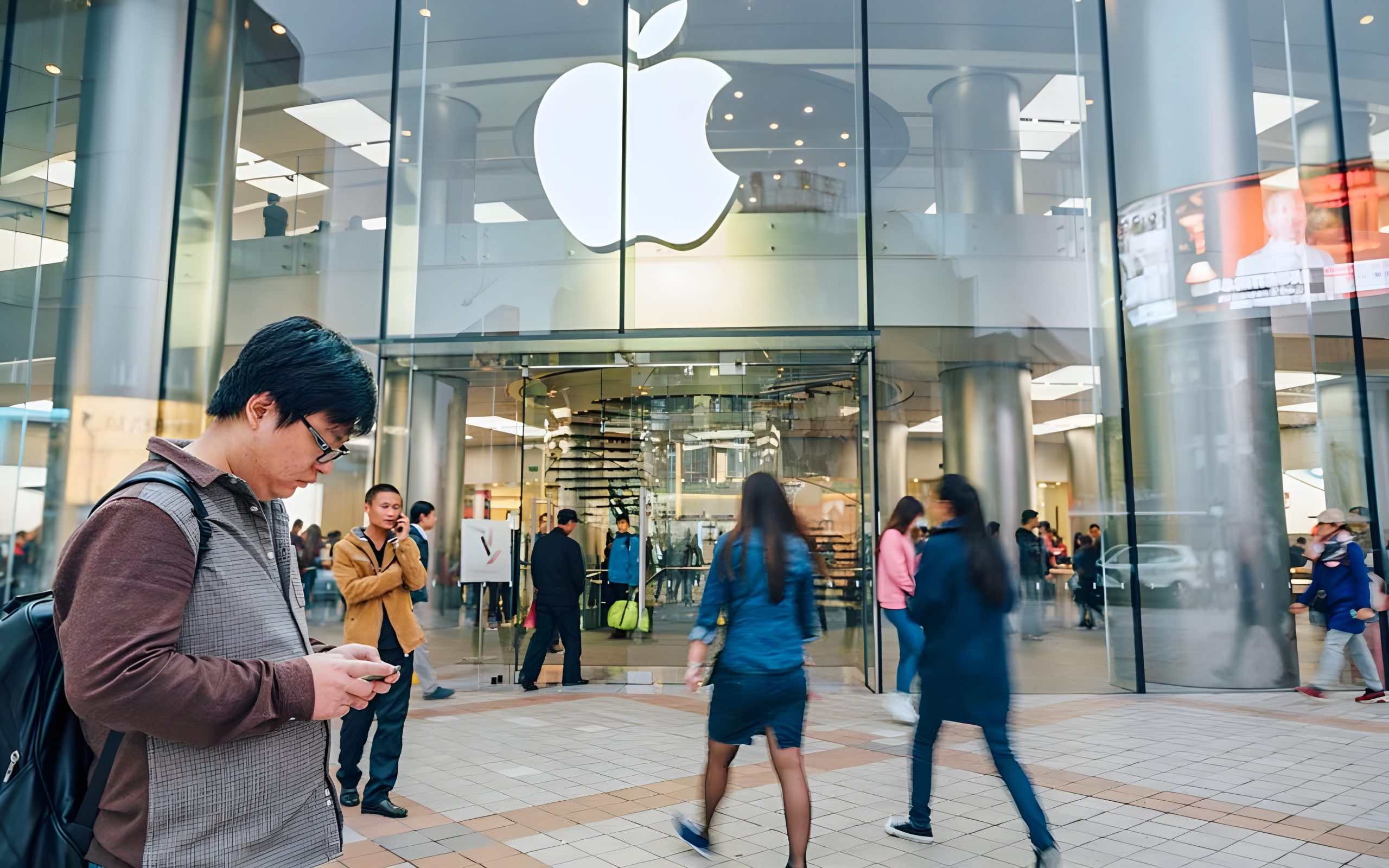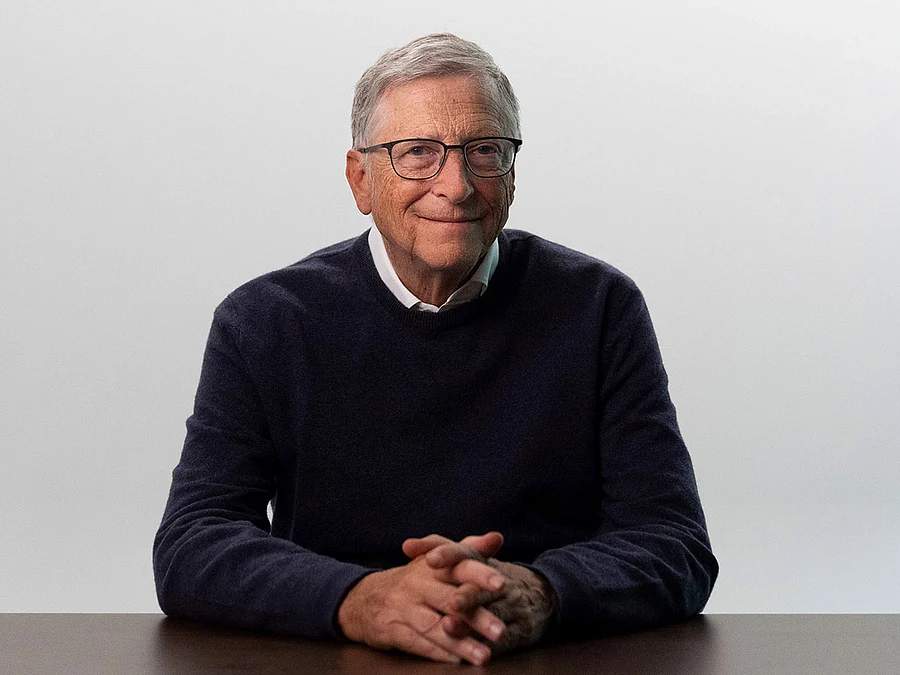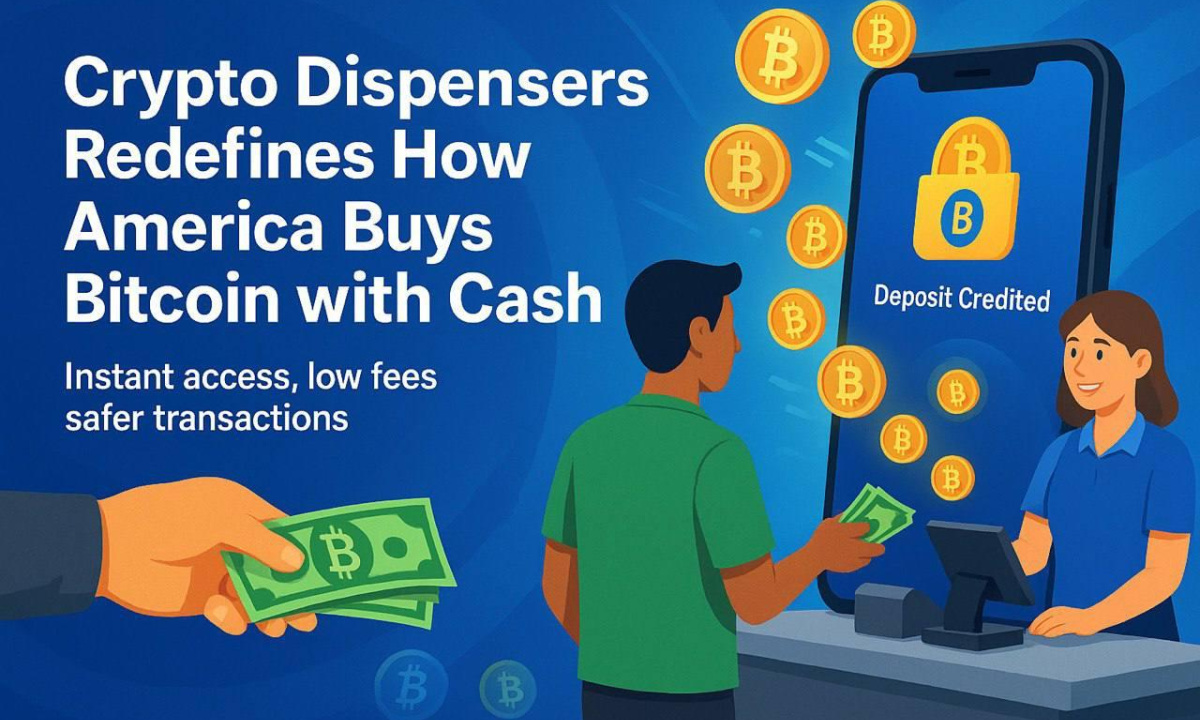Copyright Wccftech

Apple has presented solid evidence on how the EU's Digital Markets Act (DMA), which was designed to spur competition, has failed to bring down app pricing and subscription costs, proving the futility of the disruptive yet seemingly ineffective piece of legislation. Apple cites a study that shows "commission savings as a result of the DMA have not led to price decreases for customers and overwhelmingly flowed to developers outside the EU" Apple is currently arguing for repealing the DMA in the Luxembourg-based General Court of the European Union, arguing that it does not meaningfully benefit end-users and substantially increases the compliance costs for the company, resulting in the delayed introduction of some features to the Apple users in the bloc. For the benefit of those who might not be aware, the EU's Digital Markets Act has established a ring-fence around some tech giants, including Apple, for being "gatekeepers" - a designation that signifies that a particular entity has enough market dominance to block competition. Apple was classified as a gatekeeper for surpassing the DMA's minimum user threshold, and for retaining a monopoly over its App Store. Under the ensuing remedies, the EU has forced Apple to allow third-party app stores on its devices. Coming back to the topic at hand, Apple modified the terms for app developers in the EU in March 2024, allowing those who enrolled in the modified program to pay a lower percentage of their overall app-derived revenue to Apple. Under the modified terms, the developers initially paid a flat Core Technology Fee (CTF) of EUR 0.50 for each "first annual install" - which is the initial installation by an EU account within a year. The fee applied to apps with over one million downloads per year. Additionally, the developers who enrolled in the program were charged lower commissions on in-app purchases by Apple instead of the standard rate of 15 percent to 30 percent on all app-derived hauls. This Core Technology Fee, however is set to change from January 01 next year, when Apple will charge a 5 percent fee, with developers who use external payment options ending up paying up to 20 percent in combined fees (2 percent initial acquisition fee + 13 percent in store service fees + 5 Core Technology Fee) instead of Apple’s standard 30 percent App Store commission. Now, in the ongoing proceedings in Luxembourg, Apple has seemingly pulled out an ace card by citing an interesting study that shows: Apple's modified terms for developers reduced the average App Store commissions by 10 percent, resulting in cumulative savings of EUR 20.1 million, with 86 percent of these savings going to non-EU developers. Around 90 percent of the developers, however, either maintained the same pricing for end-users or charged a higher amount. Developers reduced prices just 9 percent of the time, but in a manner that was "consistent with usual patterns in price changes." The study goes on to note: "Developers’ decision not to pass on commission savings to EU users mirrors Apple’s past experiences following the launch of multiple initiatives that reduced commission rates." Apple's other competition-related woes Meanwhile, in the US, Apple was recently compelled by a court in the Epic case to allow access to external payment methods, and to enable the return of Epic's Fortnite app. While Apple has complied with the verdict, it still vows to charge a commission on those payments, prompting the judge in the case to call on Apple to cease doing so or face contempt proceedings, and even possible criminal charges. This situation has created a legal precedence, where consumers in other markets are also asking for similar privileges. For instance, in Australia, Epic recently asked the court to allow its apps to be sideloaded on to Apple devices without any associated commission. Moreover, a group of around 55 Chinese consumers have now filed a formal antitrust complaint against Apple with China's market regulator, arguing that Apple maintains a monopoly over app distributions and payment methods in China while allowing off-App Store payments as well as third-party app stores in other markets.



